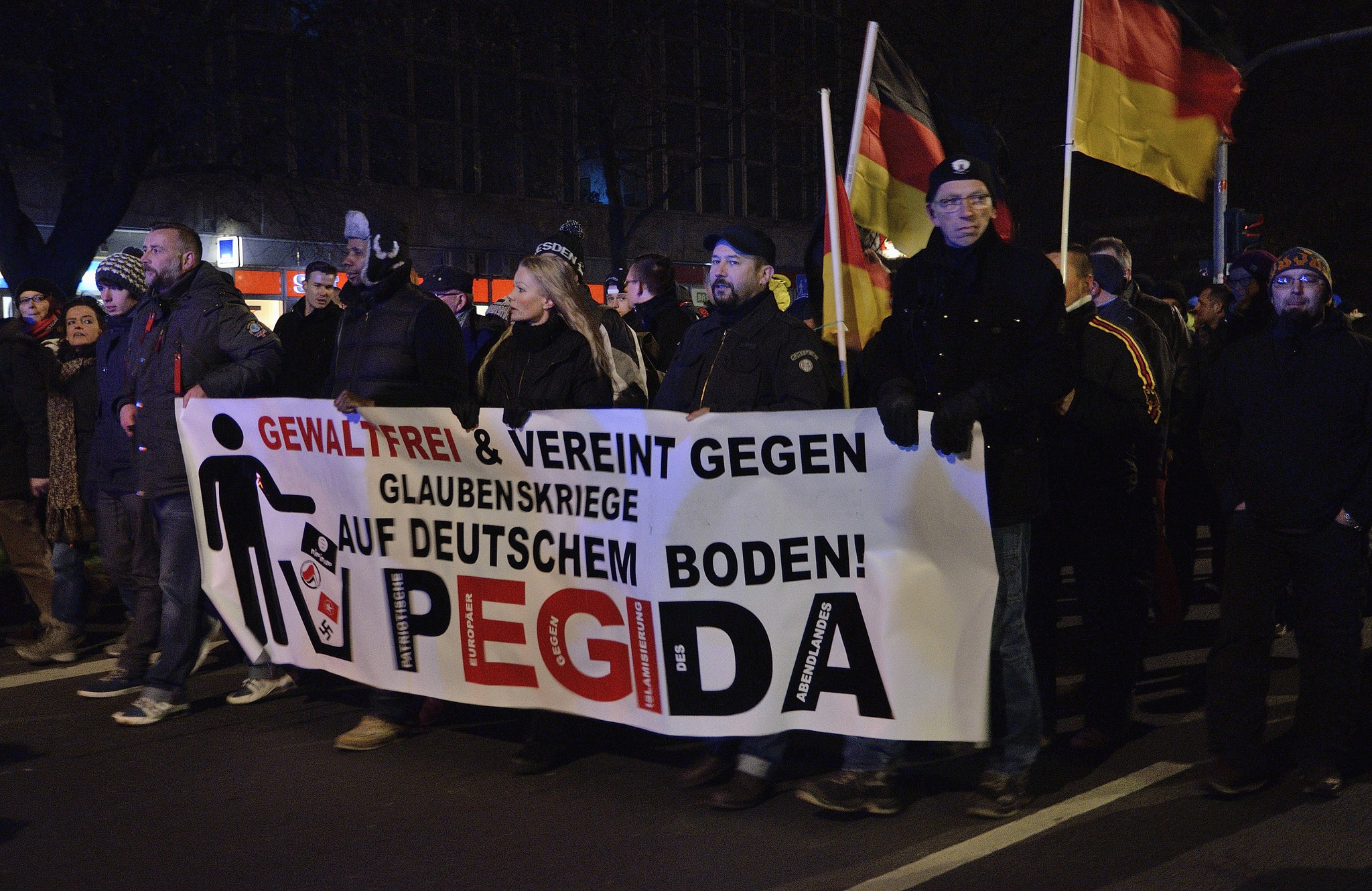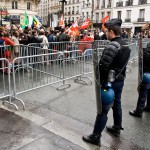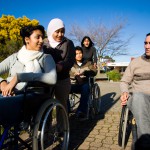Since it was founded in October 2014, the PEGIDA movement – an acronym for Patriotische Europäer Gegen die Islamisierung des Abendlandes (Patriotic Europeans against the Islamisation of the West) – has been gaining support, stirring up German politics and society. Despite claiming to be neither xenophobic nor racist, the group has been attracting mainstream conservatives, as well as Neo-Nazis and football hooligans. They protest against the alleged dangerous swelling of Islam within Germany and other European countries, and purport to defend their Christian values, as outlined in their 19 point manifesto. However, even a cursory examination reveals this is not to be the case. PEGIDA is the manifestation of a more profound problem in a religious disguise.
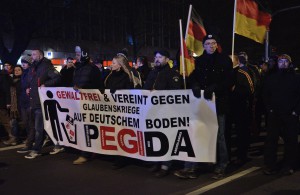
As their name suggests, PEGIDA are claiming to defend the values of the Christian West, or occident, against Islamisation. This is striking, as the movement originated in Dresden, where only a very small fraction of the population is Christian. What’s more, the attempted connection to Christianity is anything but welcomed by church leaders in Germany. Former president of the Lutheran World Union, Bishop Christian Krause, told Die Welt that he perceives the use of Christian symbols at rallies, such as crosses painted in black, red and gold, as “perverse”. He remarked that Christian values would entail respect for religious freedom and standing up for the plight of Muslim refugees. According to him, someone who claims to defend these values by excluding others, obviously, does not know what he or she is defending.
Similarly, in an interview with Die Zeit, a spokesman for the German evangelic church claimed using the term “Islamisation” was unjustified, with less than 5% of the German population being Muslim, most of whom reside peacefully in Germany. He added that using the term to support xenophobic and racist paroles would demonstrate values diametrically opposite to those of Christianity. Unsurprisingly, hardly any Christians are to be found at PEGIDA rallies. What, then, is the movement fighting for?

Interested in investigating the concerns of PEGIDA supporters, I contacted a Facebook group associated with the organisation, kindly asking for the members to elaborate on their worries. Soon after posting my question, Facebook user Besorgter Bürger (concerned citizen) replied. He pointed out that there are more and more rules in Germany, which demand that citizens abstain from practicing their religion, whilst making allowances for Muslims t. Moreover, he mentioned that Muslims need to become more tolerant also, noting that religious freedomis a two-way street. Touching upon more general issues, I asked him to elaborate on the restrictions he felt in practicing his religion. To my surprise, my message was never answered and I was subsequently deleted from the group. I am not alone in this experience. Numerous reported cases of PEGIDA supporters refusing to speak to the “lying press”, give off the impression that anyone questioning the movement is unwelcome.
This proves to be counter-productive, as some valid points are included in the 19 point manifesto of the PEGIDA; about the asylum legislation in Germany and the EU as a whole, as well as the need for reforms, better integration, faster application processes and the right to self-determination. Showing a reluctance to engage in dialogue is not the way to get one’s voice heard. This behaviour tells me that PEGIDA supporters are unsure as to what they are supporting. One thing they are sure about: they are dissatisfied with the German government.
This became clear after Angela Merkel addressed the public in her New Year’s speech; calling for people to turn their backs to PEGIDA, arguing the group was “full of prejudice, a chilliness, and even hatred”. As a result of her speech, even more people joined PEGIDA rallies, the direct opposite of the hoped-for effect. Despite taking a stand for tolerance and religious freedom amongst all Germans, the problematics behind the religious facade was not addressed in her speech.
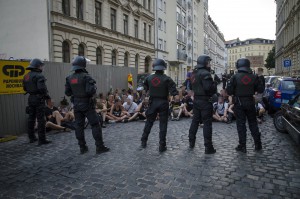
What is happening on German streets, therefore, is not surprising. A recent study published by the Bertelsman Foundation revealed that around 57 percent of Germany’s non-Muslim population feel threatened by Islam, with one in four Germans willing to support a ban on Muslim immigrants altogether. PEGIDA emerged from this 57 percent. Kathirn Oertel, one of PEGIDA’s leaders, claimed that “exceptions are always made for the Muslims and for nobody else”. Her complaint referred to an instance where Muslim girls skipped swimming lessons on account of wearing headscarves. This reveals the widespread sentiment that the line between staying true to one’s principles and being politically correct has been blurred too much. Exceptions are being made to ensure everyone’s needs are met. The problem with the alleged “Islamisation” is that the protestors rarely make a distinction between Islam and Islamists, between well-integrated Muslims and fanatics.
Frank Richter, director of the Federal Agency for Civic Education in the state of Saxony, in an interview with the Guardian, claimed to identify the real problem behind the movement. “From a lack of understanding in our political system…to a loss of trust in institutions, people don’t feel they’re being listened to enough”, leading to frustration and discontent with the political leaders. “They feel they’re being talked down to, they don’t understand the way the asylum law is applied” Richter explains.
Nevertheless, the rallies should be taken seriously and constructive dialogue with PEDIGA members should be encouraged. Finding ways to integrate immigrants into society more smoothly, as well as drawing the line between respect for German law and the struggle to stay politically correct more clearly, should be on the top of political leaders’ priority list in 2015. If not, the situation might easily get out of hand soon.
By Wiebke Arnold
Image credit:
Picture 1 & 3: Caruso Pinguin, licensed under CC BY-NC 2.0
Picture 2: Wiebke Arnold
